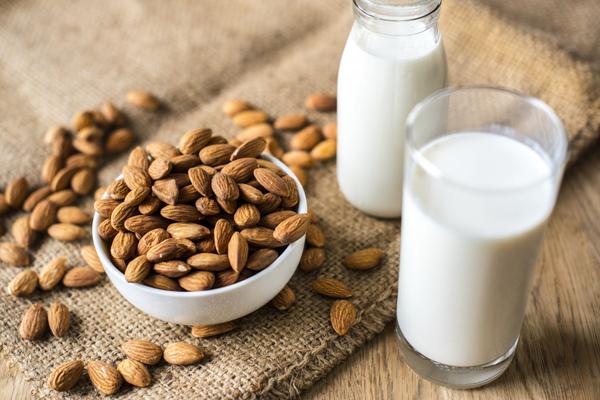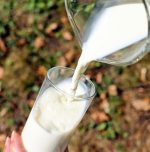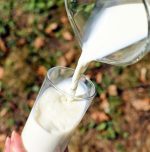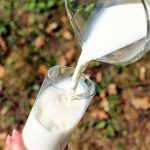Embracing health and ethics: The rise of plant-based milk

In the quest for a healthier and more ethical dietary choice, plant-based milk emerges as a compelling alternative to traditional dairy products.
Vegan milk, as it’s commonly known, is dairy-free, lactose-free, and casein-free milk crafted from an array of sources.
This type of milk includes nuts, soy, millet, oats, legumes, grains etc.
Not only does it offer a sustainable and environmentally friendly option, but it also sidesteps the concerns associated with hormones and adulterations often found in cow’s milk.
Here are different types of plant-based milk and their numerous health benefits:
- Rich in Vitamin E, Magnesium, and Calcium, almond milk boasts a creamy texture and a nutty flavour.
- A protein powerhouse with a superior amino acid profile compared to other plant-based alternatives, soy milk has a naturally sweet taste.
- Abundant in Riboflavin, Phosphorus, and soluble fibres known as Beta-glucans, oat milk offers a subtly sweet flavour and a plethora of nutritional goodness.
- Loaded with heart-healthy monounsaturated fats, Calcium, and Potassium, cashew milk is also a rich source of Vitamin K.
- Featuring beneficial fats, Copper, and Selenium, coconut milk has a distinct flavour and a creamy texture.
- Hemp milk is packed with Omega-3 and Omega-6 fatty acids. It delivers all nine essential amino acids along with a healthy dose of Potassium.
- A nutrient-rich option, pea milk provides essential nutrients like Potassium, Vitamin A, and Vitamin D, supporting heart health, vision, and nutrient absorption.
- Abundant in Magnesium, Calcium, and Potassium, pecan milk offers a wholesome dairy alternative.
The health benefits of plant-based milk extend beyond nutritional content.
As awareness grows about animal cruelty and environmental concerns, more people worldwide are choosing to boycott traditional dairy products in favour of plant-based alternatives.
Vegans, in particular, passionately advocate for these alternatives due to their numerous advantages.
Plant-based milk not only supplies essential vitamins but also contributes to healthy gut function and overall well-being through its fibre-rich composition.
While vegan milk may contain slightly less protein than cow’s milk, it is free from the hormones and additives commonly found in conventional dairy, making it a healthier and more ethical choice.
These non-dairy alternatives are a boon for individuals who are lactose intolerant or have milk allergies.
Fortified with essential vitamins and proteins, plant-based milks offer a viable solution for those dealing with lactose intolerance, milk allergies, asthma, IBS, and more.
Image by rawpixel.com from Pxhere (Free for commercial use / CC0 Public Domain)
Image Reference: https://pxhere.com/en/photo/1452611









Leave a Reply